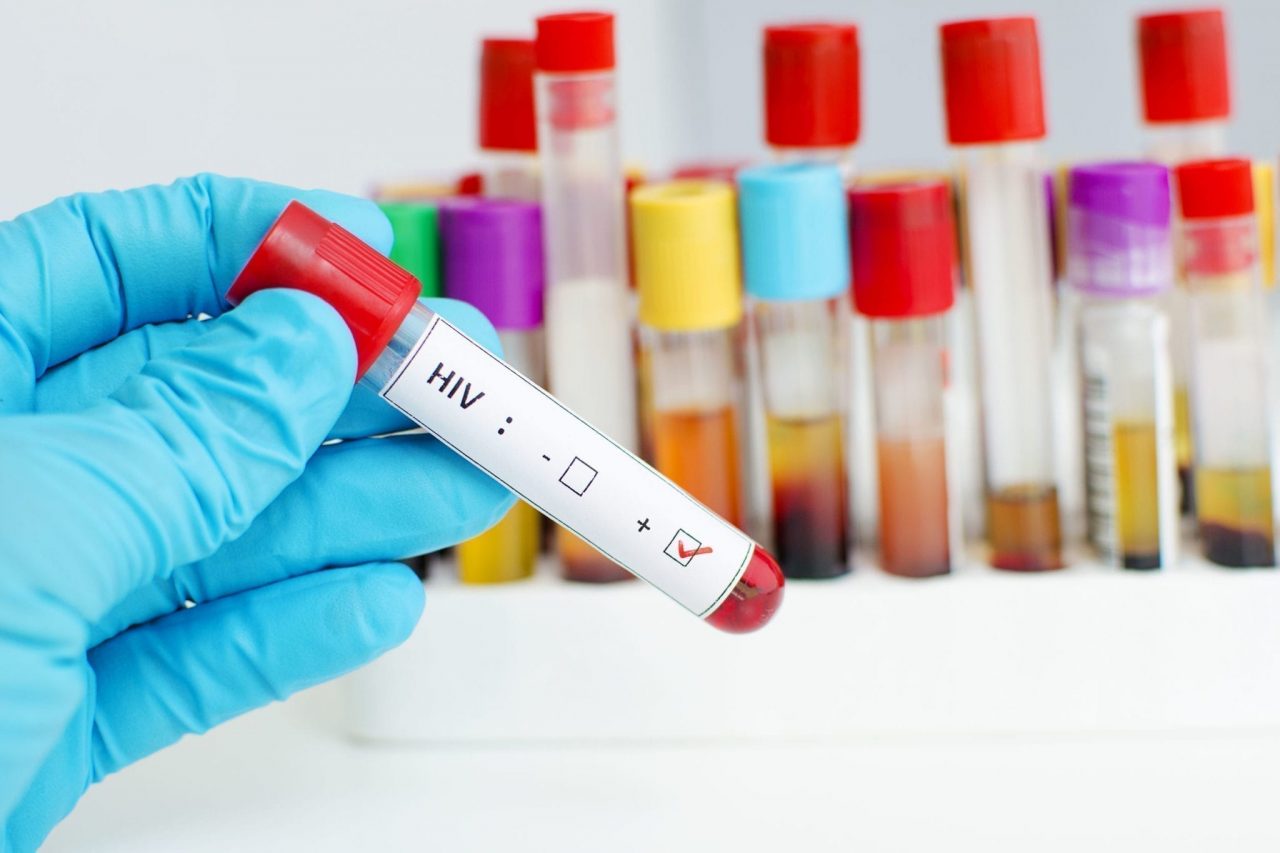
Experts engage for universal health coverage in Nigeria
The Global Fund partnership, yesterday, said it had saved 50 million lives in the last two decades, proof that global commitment and community leadership can force world’s deadliest infectious diseases – Human Immuno-deficiency Virus (HIV), tuberculosis (TB) and malaria – into retreat.
The Global Fund’s 2022 Results Report, released yesterday, found a significant rebound in 2021 for programmes working to defeat HIV, TB and malaria.
In 2020, the COVID-19 pandemic had a devastating impact on the fight against the three diseases, leading to the decline of key programmatic results across the three bugs for the first time in the history of the Fund. When the pandemic hit countries where organisation works, the partnership rapidly mounted ya response to deliver additional resources. This year, the new report shows that the investments paid off and recovery underway.
Executive Director of the Global Fund, Peter Sands, in a statement, said: “Although most countries that fight HIV, TB and malaria have started to recover from the ravages of COVID-19, we need to accelerate our efforts if we are to fully recover lost grounds and get back on track towards ending these diseases by 2030.
“The Global Fund responded swiftly to COVID-19, providing significant funding to country responses through our COVID-19 response mechanism (C19RM) and leveraging our expertise and strong global networks. Since March 2020, the Global Fund has invested more than $4.4 billion to fight the pandemic and mitigate its impact on HIV, TB and malaria. The funding enabled countries to rapidly adapt existing programmes, purchase personal protective equipment, diagnostics, treatments and medical supplies and deploy prevention campaigns. This rapid response helped us avoid the worst-case scenario of a surge in deaths and cases across the three diseases.”
He added: “Our goal is to raise $18 billion next week at our Replenishment Conference in New York, and save another 20 million lives over 2024-2026.”
BESIDES, experts in Nigeria’s healthcare management and delivery systems have outlined a number of factors militating against universal health coverage in the country.
They expressed their minds at a dialogue organised by Nextier, a public policy firm that works to solve complex development challenges in Africa, with the theme: “ Strengthening Civil Society Organisations as Health System Accountability Stewards.”
The panelists include: Co-founder and Chief Executive Officer, BudgIT, Oluseun David Onigbinde; Nigeria Country Director, The ONE Campaign, Stanley Achonu; Executive Director, Centre for Accountability and Inclusive Development Aanu’ Rotimi; Chief Executive Officer, Afrihealth Optonet Association, Dr. Uzodimma Adirieje and a consultant at the World Bank Group, Dr Achama Eluwa, while the World Health Organisation (WHO) moderated the event.
On critical stakeholders responsible for driving accountability in the system, Achonu harped on the need for the citizens’ voice to be heard.
He encouraged Nigerians to raise questions and probity from their leaders. Contributing, Adirieje noted that faith-based organisations could contribute their advocacies and mobilisation skills, while universities provide research skills and disseminate information.
He, however, lamented the challenge of trust deficit, attributing the development partly to the conduct exhibited by some of the CSOs, just as he encouraged them to be knowledgeable and well informed since they are the bridge to the people.
Adirieje also encouraged CSOs to complement one another in resource mobilisation, data collection and evidence generation, while highlighting the need to engage gatekeepers properly before projects.
According to Rotimi, to improve their public perception, CSOs must define their area of expertise. Urging them to rely less on donor funds and explore sustainable means of financing to remain focused and unbiased while working with other stakeholders, she equally canvassed constructive feedback and commendation of government whenever it performs well.
Rotimi urged government to always see civil societies as partners, and not antagonists. In his intervention, Onigbinde charged CSOs to hold leaders accountable for health outcomes, and not just infrastructure investments.
He further tasked civil society organisations to be solution enablers, just as he encouraged them to channel their advocacy efforts to demand good outcomes in addition to outputs, noting that leaders must drive contextual solutions in their engagement with the government.
On best accountability practices, he explained that while the health sector remains grossly underfunded, an even bigger problem was inefficient utilisation of available resources.
According to him, CSOs should strengthen accountability in the health sector by incorporating ward committees and community-based organisations into relevant frameworks.
On his part, Eluwa emphasised efficient deployment of resources. The experts commended the progress made by CSOs so far and urged increased effort to ensure that every Nigerian has access to affordable healthcare.



